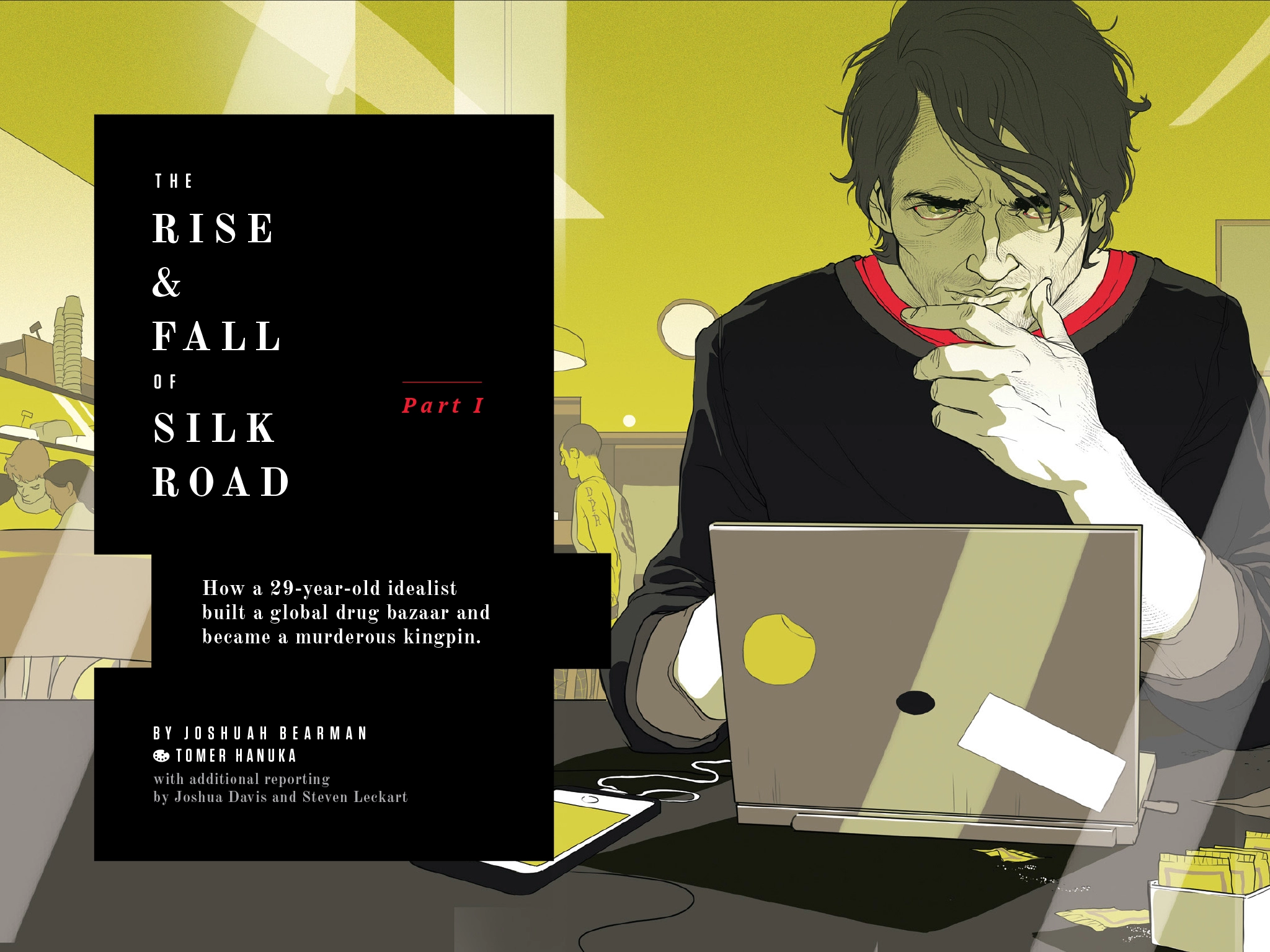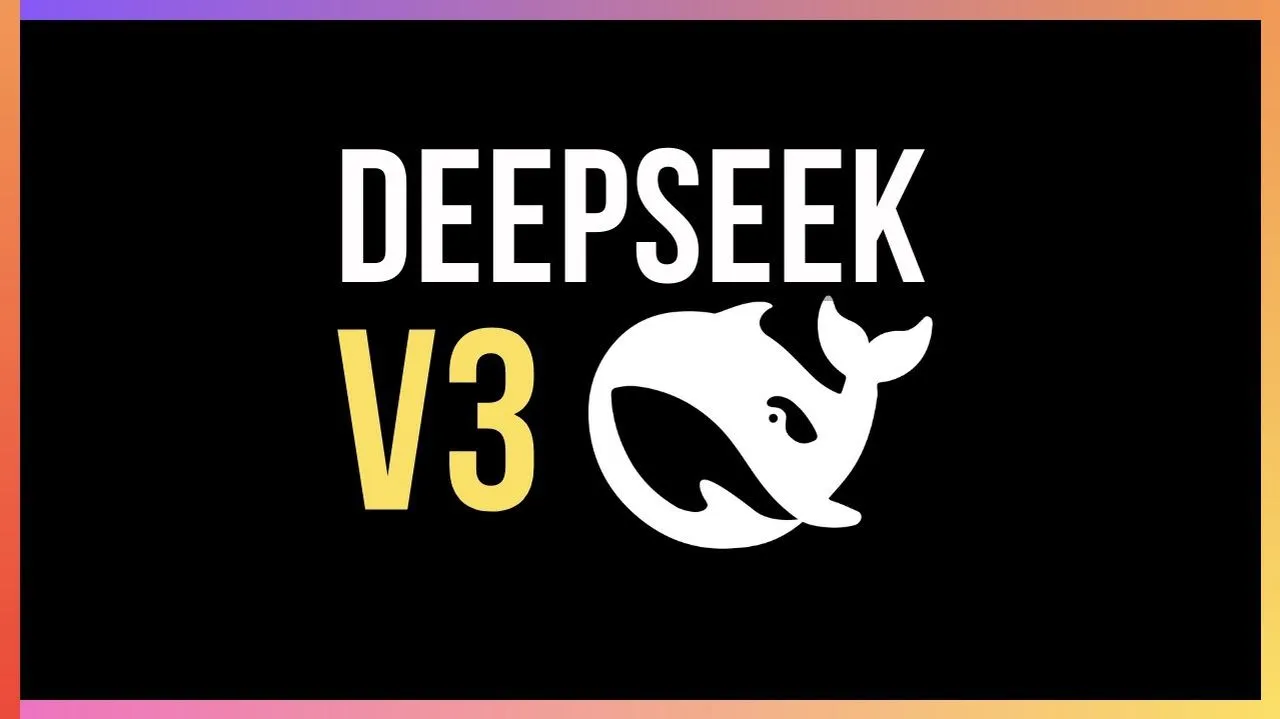
In the world of cybercrime and the internet’s shadowy underbelly, the story of the Silk Road stands out as a cautionary tale of ambition, technology, and the complex ethics of freedom and the law. At the heart of this tale is Ross Ulbricht, a Texas-born physics graduate who became the mastermind behind the first major online black market, the Silk Road. This article explores the rise and fall of Silk Road, the motivations of its creator, Ross Ulbricht, and the implications of his arrest and conviction.
Video Credits To: https://www.youtube.com/@KiraTV1

The Birth of the Silk Road: A Digital Marketplace Like No Other
The Silk Road was launched in February 2011, a marketplace that promised to revolutionize the way goods were bought and sold online. Named after the ancient trade route that connected the East to the West, the Silk Road was intended to be a place where users could buy and sell anything without government interference. This promise of anonymity and freedom was made possible through the use of two key technologies: the Tor browser and Bitcoin.
The Tor network allowed users to access the Silk Road anonymously, masking their IP addresses and making it difficult for authorities to trace their online activities. Meanwhile, Bitcoin—a decentralized cryptocurrency—enabled transactions to take place without involving traditional banking systems, providing an additional layer of anonymity for buyers and sellers.
From the beginning, the Silk Road catered to those seeking items that were either illegal or highly regulated. It quickly became notorious for its drug trade, with everything from marijuana to LSD to harder substances like heroin and cocaine available for purchase. In addition to drugs, other illegal goods, such as fake identification, hacking tools, and stolen data, were also sold on the platform.
Ross Ulbricht: The Man Behind the Curtain
Ross Ulbricht, the creator of the Silk Road, was not what many expected from a dark web kingpin. Born in 1984 in Austin, Texas, Ulbricht grew up in a typical suburban household and excelled academically. He graduated from the University of Texas at Dallas with a degree in physics and went on to pursue a master’s degree in material science and engineering at Pennsylvania State University.
Despite his academic background, Ulbricht was deeply influenced by libertarian philosophy and the writings of authors like Ludwig von Mises, Ayn Rand, and Murray Rothbard. He believed in individual freedom, minimal government intervention, and the power of free markets. This ideological passion became the driving force behind the creation of the Silk Road.
Under the pseudonym “Dread Pirate Roberts” (a name borrowed from the cult classic movie The Princess Bride), Ulbricht ran the Silk Road with a mission to create a market free from the constraints of government regulation. His vision was to provide a space where consenting adults could make transactions without the interference of what he saw as an overreaching state.
The Rise of the Silk Road: A Revolutionary but Controversial Marketplace
The Silk Road quickly gained popularity, attracting a large user base who were drawn to its promise of anonymity and its vast selection of illegal goods. At its peak, the Silk Road had hundreds of thousands of users from around the world, conducting millions of dollars worth of transactions. The platform became a hub for the sale of illicit drugs, and the media began to take notice. It was described as the “Amazon of drugs,” and authorities became increasingly concerned about its impact.
Ulbricht’s online persona as “Dread Pirate Roberts” grew, and he became a cult-like figure within the Silk Road community, praised by some as a digital-age revolutionary fighting for freedom. But his success came with significant challenges. As the Silk Road’s popularity grew, so did the scrutiny from law enforcement agencies around the world, who saw the platform as a threat to public safety.
Despite his efforts to remain anonymous, Ulbricht’s growing wealth and the complex logistics of running a global marketplace made him vulnerable. The FBI, DEA, and IRS began a coordinated investigation, and Ulbricht’s online activities were monitored more closely.
The Fall of Ross Ulbricht: A High-Stakes Cat-and-Mouse Game
The downfall of Ross Ulbricht began with a series of small mistakes. Although he took great precautions to cover his tracks, including using encrypted communications and changing pseudonyms, investigators managed to link him to the Silk Road through a series of digital breadcrumbs.
In October 2013, Ross Ulbricht was arrested in a San Francisco public library. He was caught red-handed with his laptop open, logged in as “Dread Pirate Roberts,” managing the Silk Road in real-time. This marked the end of his reign as the mastermind behind the world’s most notorious online marketplace. Within hours of his arrest, the FBI seized the Silk Road’s servers, and the marketplace was taken down.
The Trial and Controversy: A Case that Divided Public Opinion
Ulbricht’s arrest was only the beginning of a highly publicized trial that would capture the world’s attention. In February 2015, he was found guilty on multiple charges, including conspiracy to commit money laundering, conspiracy to commit computer hacking, and conspiracy to traffic narcotics. He was sentenced to life in prison without the possibility of parole—a sentence that many viewed as excessively harsh.
The trial itself was fraught with controversy. Some argued that Ulbricht’s sentence was disproportionate, given that he was a first-time offender. Others pointed to the conduct of law enforcement officials, who were accused of corruption and misconduct during the investigation. For example, two federal agents involved in the case were later convicted of stealing Bitcoin during the investigation, casting a shadow over the legitimacy of the government’s case.
Supporters of Ulbricht, including libertarian activists and prominent figures in the tech community, rallied around his cause. They argued that while Ulbricht may have made mistakes, the punishment did not fit the crime. A petition calling for his clemency gathered hundreds of thousands of signatures, reflecting the polarized public opinion about his case. To this day, Ulbricht remains a symbol for some of the dangers of an overreaching justice system, while others see his story as a necessary warning about the consequences of criminal activity on the dark web.
The Legacy of the Silk Road: A New Era of the Dark Web
The fall of the Silk Road did not mark the end of online black markets. In fact, it could be argued that the Silk Road’s takedown only inspired more dark web marketplaces to emerge. New platforms quickly took its place, each learning from the mistakes of its predecessor. The FBI and other agencies have continued to fight a cat-and-mouse game with dark web vendors, leading to the rise and fall of numerous successors to the Silk Road.
Despite its eventual shutdown, the Silk Road left a lasting impact on the internet. It demonstrated the potential—and the risks—of anonymous online marketplaces. It also raised important questions about the nature of freedom, privacy, and government control in the digital age. Ulbricht’s case continues to be debated, as it touches on larger themes of digital privacy, the war on drugs, and the ethics of free markets.
Conclusion: A Story of Innovation, Crime, and Ethics
The story of the Silk Road and Ross Ulbricht is one of ambition, idealism, and controversy. It is the story of a man who, driven by libertarian ideals, created a marketplace that pushed the boundaries of technology and challenged traditional notions of legality and morality. While the Silk Road may be gone, its legacy lives on, influencing both the development of the dark web and the ongoing debates about privacy, freedom, and the power of the internet.
Ross Ulbricht’s fate serves as a stark reminder of the potential consequences of crossing legal and ethical lines in the digital realm. Yet his story also serves as a catalyst for discussions about how society should navigate the complexities of the internet age, balancing the pursuit of freedom with the need for law and order. Whether seen as a villain or a visionary, Ulbricht’s story remains one of the most intriguing and cautionary tales in the history of the digital world.






